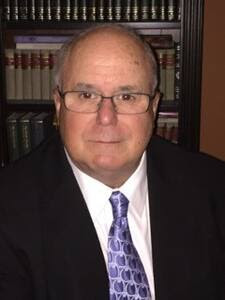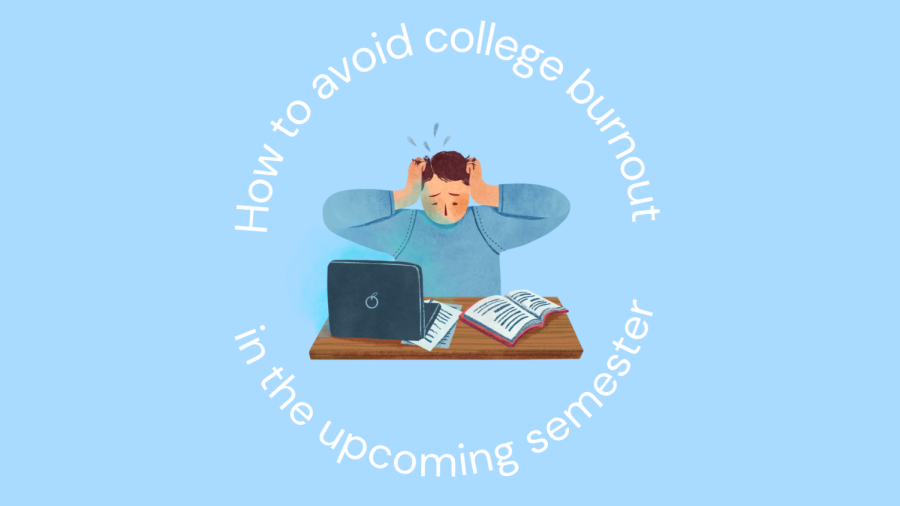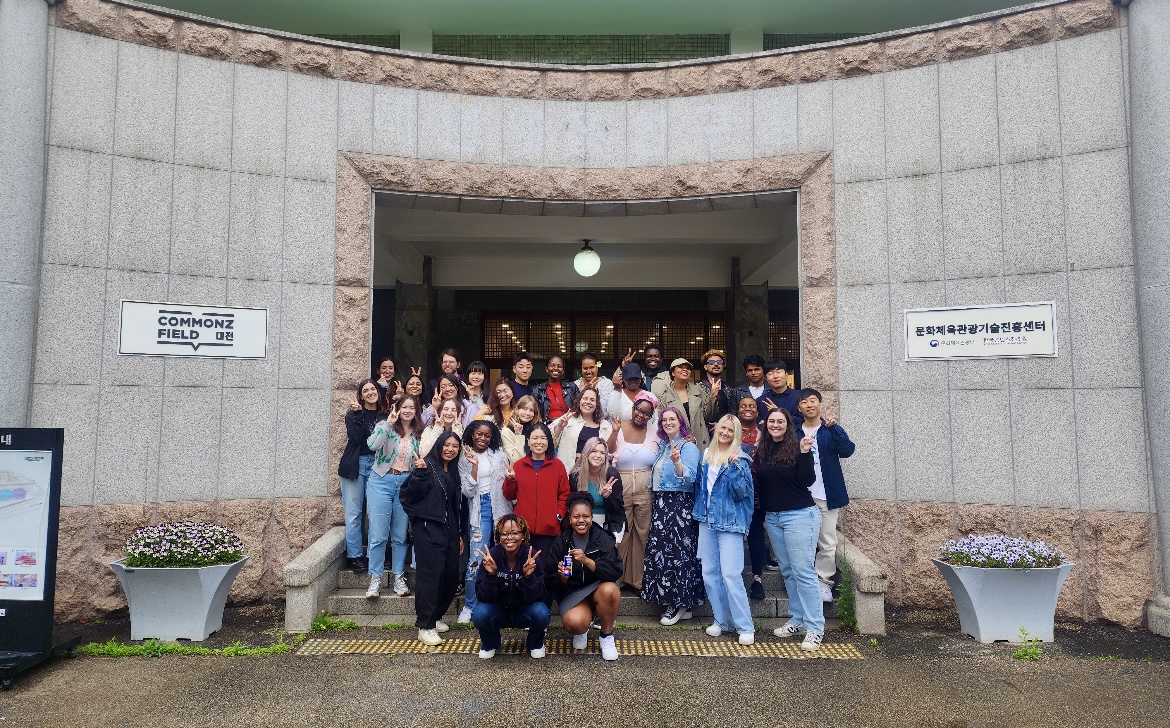UNF’s focus on mental health is well known, but lesser known is a Masters degree path here at UNF that trains the therapists of tomorrow.
Dr. Robert Zeglin, Program Director for the Clinical Mental Health Counseling Masters, sat down with Spinnaker to talk about the program, the role of the UNF Counseling Center in the program, and future events students may be interested in.
The program
According to Zeglin, this program is for students who want to be therapists.
“I think a lot of students – especially those in Psych or Sociology – might think the only option for graduate school is a PhD in Clinical Psych, which is what I was told when I was a Psych major,” Zeglin said. “I think sometimes students are not finding their way over here when really what they want to do with their career is be a therapist, and so that’s something that we’ve been trying to correct.”
Recently, the program has joined a list of others with an Express Application option. The Express Application allows students who have graduated with a Bachelors in Psych, Sociology, and Public Health to apply for the Clinical Health Counseling Masters program without GRE scores, an application fee, and one letter of recommendation.
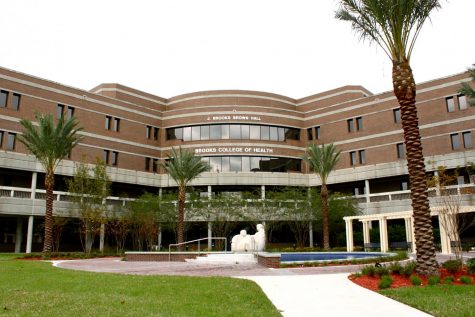
It is a two-year program with 60 credits. Once a student has finished the program, they will be eligible to be licensed as a mental health counselor.
“Licensure is really what you’re working for,” Dr. Zeglin said. “Once you get your license, the world is your oyster.”
The program is accredited by CACREP, the national accredited body for counseling programs. The program currently only takes in 24 students every Fall, though it is looking to expand to 30 next year. It is a cohort model, and all 24 students will take the same courses together at the same time over a two-year period. By the time a student enters their second year, they will be out in the field gaining experience as therapists.
“Starting the Fall of your second year in the program, you’re doing therapy. You are out in the field about twenty hours a week and seeing real clients.”
Some of the many sites students may go to include hospitals, non-profit community health, and university counseling centers.
“Over the course of the entire program, you’re doing 1,000 hours of field-based experience,” Dr. Zeglin explained.
Also recently, the program just started offering a thesis option for students who want to go on to a PhD program. Additionally, there are two certificate options: Animal-Assisted Therapy or Mental Health Sexology. A student could graduate with a Clinical Mental Health Counseling Masters and a certificate in either of the two options to expand their career options.
The program is constantly improving in a number of ways with feedback from graduates and increasing technology.
“It’s all an attempt to increase the quality of the training,” Dr. Zeglin said. “That’s our sole goal. We want our students to be leaders at whatever practice they land at. We’re training leaders.”
The UNF Counseling Center
Up until last year, the Counseling Center and the Brooks College of Health were not in partnership under the same umbrella. This changed simultaneously with the appointment of Dr. Richmond Wynn as Director of the Counseling Center. For the Clinical Health Counseling program, this was an important opportunity.
Shifting the Counseling Center under the Brooks College of Health has facilitated what Dr. Zeglin believes to be a better relationship, since now he and Dr. Wynn only need to go through one chain-of-command to make new ideas happen.
“It’s very easy for us to get together and get permission from one person,” Dr. Zeglin shared.
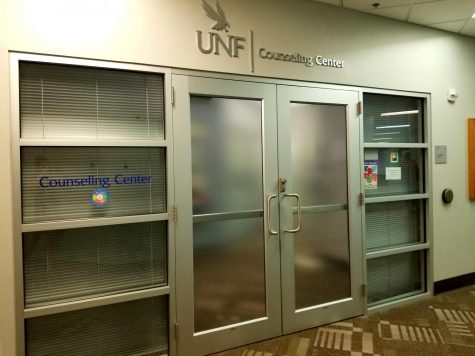
The UNF Counseling Center.
Working together, they have formed a new program called Perch. The program puts counselors across campus for easier access to students. One such office is the one located on Candy Cane Lake in Housing and Residence Life.
Future events Ospreys can look out for in connection to the Mental Health Counseling program include: an OCD Fundamentals training for professionals on January 31 and a panel in March presenting on the overlap between mental and sexual health. You can also find them at Market Days and look out for future events on their Facebook.
On mental health
As a parting thought, Zeglin shared a few thoughts about mental health.
“The demand for student mental health is going up, but it’s not necessarily because more people need it. It’s because, as you decrease the stigma surrounding mental health, more people are willing to talk about issues that were already there. The biggest thing we’re trying to do is destigmatize – the more we can do that, the better overall mental health is going to be on campus.”
—
For more information or news tips, or if you see an error in this story or have any compliments or concerns, contact editor@unfspinnaker.com.





